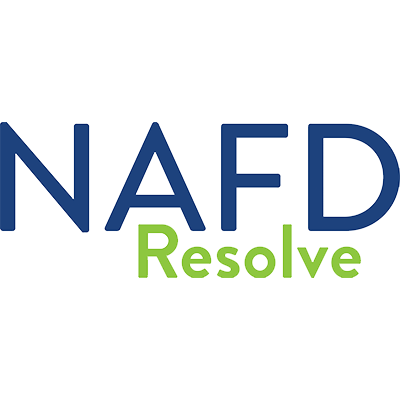Barringtons
Probate
Probate is the process of dealing with the estate of someone who has died, which generally means clearing their debts and distributing their assets in accordance with their will.
Probate explained
Technically, ‘probate’ refers to getting permission to carry out the wishes within someone’s will, though the term also applies to the whole process of settling someone’s estate.
If you’re responsible for executing someone’s will, there are specific rules that set out how you notify the authorities and distribute the estate.
For permission to manage this process, you’ll need to apply for grant of probate, or grant of confirmation in Scotland.
There are separate rules if someone dies without a will, otherwise known as dying intestate.
How does probate work?
The process for settling someone’s affairs will depend on whether you choose to do it yourself or appoint a professional to act on your behalf.
Appointing a professional can be a good idea and, if you are dealing with a complex estate, could be essential. See the guide to probate solicitors for more information on how to decide.
If you choose to administer the will yourself, you will need to submit the relevant applications. Please click here if you wish to see a full guide of how to do this: grant of probate guide.
You will then need to gather in all the assets for the Person who has died and distribute them to the beneficiaries.
This will involve notifying banks, building societies, relevant government departments (such as the council and HMRC) of the person’s death, settling any accounts they hold, calculating their assets and liabilities, paying off any inheritance tax that might be owed, and then distributing their assets.
Helpfully, most government departments can be notified in a single move, via the ‘Tell Us Once‘ service, including councils, the DVLA, the Passport Office, the Department for Work and Pensions (if they were receiving benefits or a state pension), and HMRC. If the person was receiving Armed Forces Compensation Scheme Payments, Tell Us Once will also contact Veterans UK.
You can also notify some of the main high street banks, and other member organisations, at the same time using the Death Notification Service.
How long does probate take?
Once you’ve sent the necessary documentation, you should receive the grant of probate or letters of administration within 8 weeks, although it can take longer if you need to send more information.
Recently, some people have had to wait 14 weeks or longer due to probate delays caused by the shift to a new online system for applications and a shortage of staff during the pandemic.
One of the best ways to minimise the impact of delays is to get probate underway as quickly as possible.





